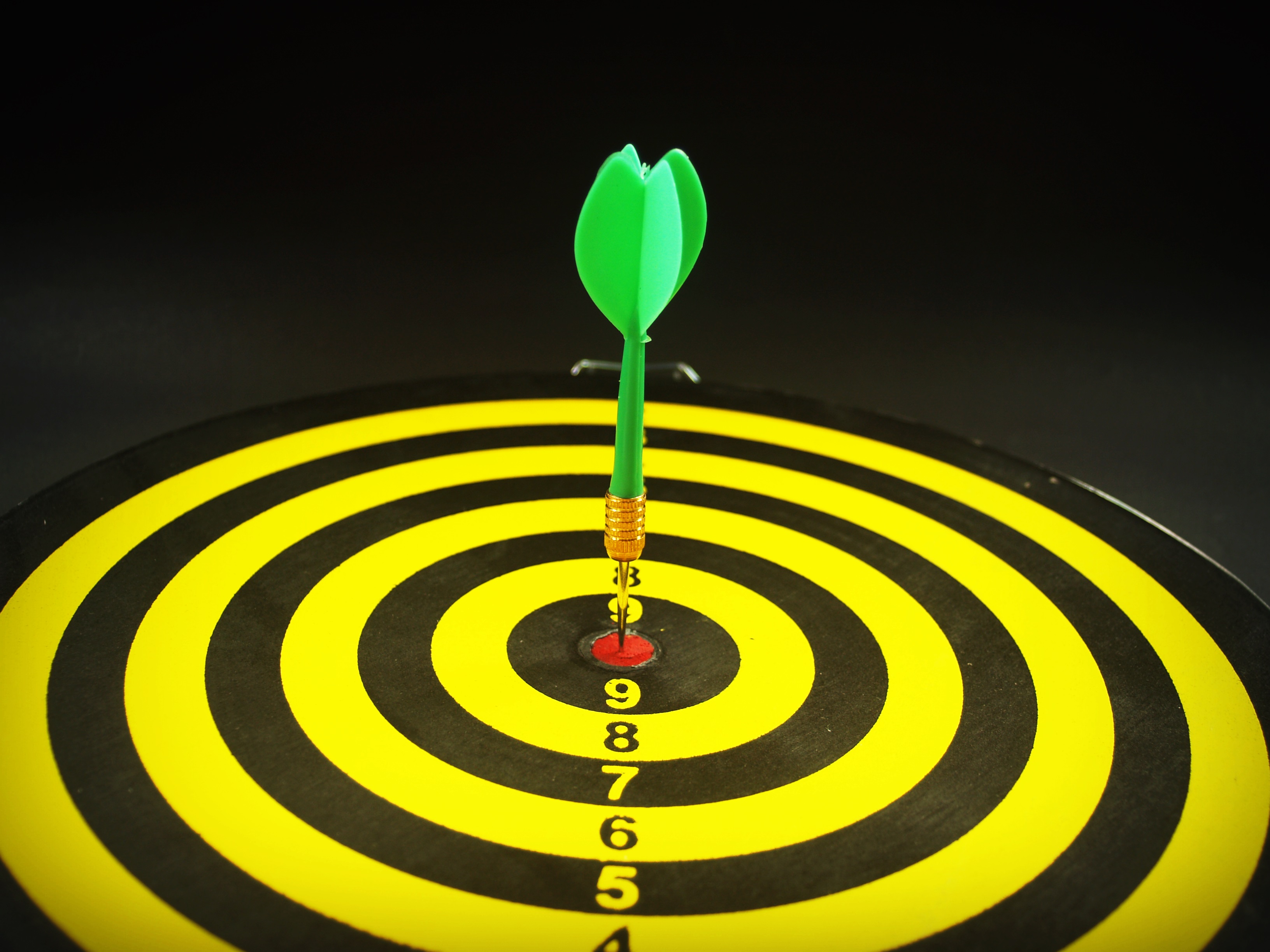
In one quick motion he positioned his patient and performed a successful lumbar manipulation. His patient stood up, twisted, turned and declared immediate improvement.
Two tables over, I was instantly frustrated. My co-worker’s outcome was in stark contrast to the awkward, slow, and unsuccessful lumbar manipulation I had performed earlier in the day. My patient had held her breath as she waited in a contorted position as I figured out how to set her up. He was so much better at manipulation than I was and that bothered me.
This is not a story about the effectiveness of a lumbar manipulation. It is, however, a story about the differences in the effectiveness of learning. Ever since I graduated, I have sought excellence. I look at expert clinicians and I hope to be like them someday. Yet, my actions don’t always support this goal.
Let’s rewind one month prior to this story. My coworker and I both went to a course on spinal manipulation. We were both below average even after taking the course so we vowed that we would perform at least two practice manipulations on each other or other co-workers everyday until we improved.
The first week we did this everyday. Practiced the thoracic spine in the morning, lumbar spine in the afternoon. The second week he kept practicing, but I was more sporadic with mine. By the third week, if I wasn’t performing a manipulation on a patient then I wasn’t practicing at all. A month later, he efficiently performed one while I was still fumbling through mine.
As I develop as a clinician and try to improve my skills I am constantly reminded through experience and most recently through the book Pound The Stone that….
Excellence is about doing the things that are easy to do, but easier not to do.
He didn’t magically get better at performing manipulations- he kept doing them day in and day out. He kept practicing when I got “too busy” and when I “had other things to do.” When you look at the situation, it was easy for him to practice two manipulations per day, but it was easier for me not to. He possessed greater skill because he practiced, not because he started with any greater advantage or superior knowledge.
CONTINUE doing the things that are easy to do, but easier not to do.
If you watch Steph Curry warm-up before basketball games, it is always the same. He hasn’t stopped doing fundamental ball handling drills even though he is in the NBA. When the novelty of something wears off, we often seek the next thing. When I got bored of practicing manipulation, I started looking for what I would learn next… before I even truly learned manipulation.
I used to worry more about how much I knew and less about how well I knew it. And, I still do if I don’t keep myself in check. I want the next continuing education course to bridge the gap between where I am now and the expertise I seek. But, it is more about doing the things that are easy to do, but easier not to do than it is about finding the next big thing. There is no one thing that gives us expertise, but rather a lot of little things repeated and refined overtime.
I constantly have to remind myself that it is easy to:
- Practice and seek feedback for manual techniques
- Read JOSPT monthly
- Write a few minutes daily
- Ask questions
- Discuss cases to challenge my clinical reasoning
So, what easy thing will you start doing today?